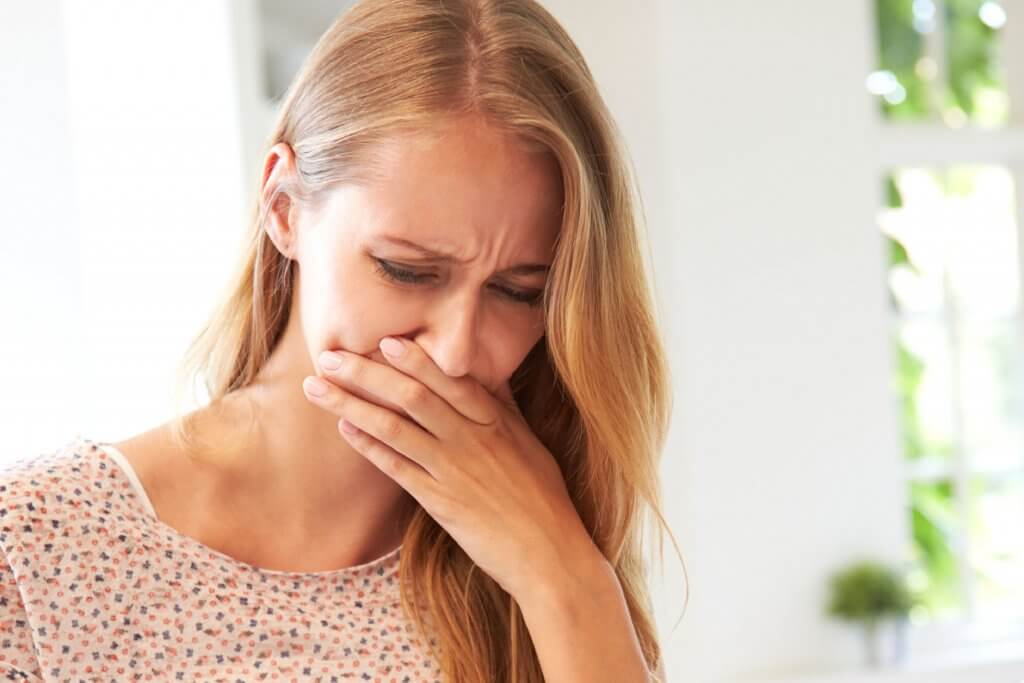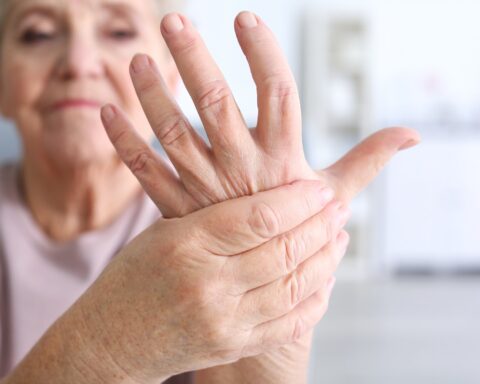Feeling sick after eating can be a very uncomfortable experience. It can leave you feeling bloated, nauseous, and with a general sense of discomfort. There are a number of reasons why you might feel sick after eating, and it’s important to understand the underlying cause in order to find an effective solution.
In this comprehensive guide, we’ll explore the most common reasons why people feel sick after eating, as well as some potential remedies and preventative measures.
Overeating
One of the most common reasons for feeling sick after eating is simply overeating. When you eat too much, your stomach becomes overly full, which can lead to feelings of discomfort, bloating, and nausea.
The solution to this problem is fairly straightforward: eat smaller portions. Try to pay attention to your body’s signals of fullness, and stop eating before you feel overly stuffed. It can also help to eat more slowly, as this gives your body time to register that it’s getting full.
Food intolerances and allergies
Another common reason for feeling sick after eating is a food intolerance or allergy. These conditions occur when your body has difficulty processing certain foods, leading to uncomfortable symptoms like nausea, vomiting, bloating, and diarrhea.
If you suspect that you have a food intolerance or allergy, it’s important to talk to your doctor. They may recommend tests to determine which foods are causing your symptoms, or refer you to a specialist for further evaluation.
In the meantime, you can try eliminating common allergens from your diet, such as gluten, dairy, or soy, and see if your symptoms improve.
Acid reflux
Acid reflux occurs when stomach acid flows back up into the esophagus, causing a burning sensation in the chest and throat. In addition to heartburn, acid reflux can also cause nausea, bloating, and a sour taste in the mouth.
To prevent acid reflux, it’s important to avoid trigger foods like spicy or acidic foods, caffeine, and alcohol. You can also try eating smaller, more frequent meals to help prevent the stomach from becoming too full.
Gastroparesis
Gastroparesis is a condition where the stomach takes longer than normal to empty its contents. This can lead to feelings of fullness, bloating, and nausea, especially after eating a large meal.
If you suspect that you have gastroparesis, it’s important to talk to your doctor. They may recommend tests to confirm the diagnosis, and may prescribe medications or dietary changes to help manage the symptoms.
Irritable bowel syndrome (IBS)
IBS is a common digestive disorder that can cause a range of uncomfortable symptoms, including bloating, gas, abdominal pain, and diarrhea or constipation. Eating certain foods can trigger these symptoms, leading to feelings of nausea and discomfort.
To manage IBS symptoms, it’s important to identify trigger foods and avoid them as much as possible. It can also help to eat smaller, more frequent meals, and to drink plenty of water throughout the day.
Food poisoning
Food poisoning occurs when you consume food that has been contaminated with harmful bacteria, viruses, or parasites. This can cause a range of symptoms, including nausea, vomiting, diarrhea, and abdominal pain.
If you suspect that you have food poisoning, it’s important to seek medical attention right away. In some cases, food poisoning can be very serious and may require hospitalization.
Motion sickness
Motion sickness is a common condition that can cause nausea and vomiting, especially when traveling in a car, airplane, or boat. Eating before or during travel can exacerbate these symptoms.
- Bell Peppers 101: Nutrition Facts and Health Benefits - April 19, 2024
- Products That Assist with Stress Relief - September 21, 2023
- TRÈFLE – THE ROAD TO THE 15TH - July 29, 2023







